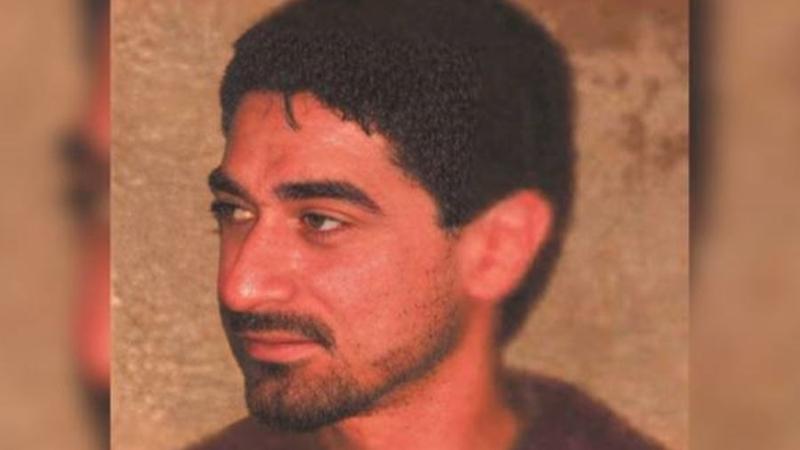Published 22:18 IST, September 20th 2024
Who Was Ibrahim Aqil, the Hezbollah Commander Killed in Israeli Airstrike?
Ibrahim Aqil was the chief of Hezbollah’s Radwan forces, the group’s primary military unit, and he served as the second-in-command of Hezbollah's armed forces.

The Israeli military launched a targeted airstrike on Friday in Beirut, killing one of Hezbollah's top military commanders, Ibrahim Aqil, along with seven others. The strike also left 59 people injured, marking a significant escalation in violence as the focus of conflict shifts from Gaza to Lebanon.
This latest attack is the third to hit the southern suburbs of Beirut since the onset of the Israel-Hamas war on October 7. Just earlier this week, Hezbollah faced an unprecedented assault involving the explosion of thousands of communication devices used by its operatives, which the group attributed to Israeli actions. This attack resulted in 37 deaths and injuries to thousands more, although Israel has not confirmed its involvement.
Here is what you need to know
Ibrahim Aqil was the chief of Hezbollah’s elite Radwan forces, the group’s primary military unit, and he served as the second-in-command of Hezbollah's armed forces. His death comes after previous strikes attributed to Israel had already eliminated key figures within the group, including Fuad Shukr, another high-ranking commander, and Saleh al-Aruri, a leader of Hamas, an allied Palestinian militant organization.
Although Hezbollah has not yet officially confirmed Aqil's death, the group stated after the airstrike that it had targeted an Israeli intelligence base, alleging responsibility for unspecified “assassinations.”
Aqil had a notorious history; according to the U.S. Department of State, he was a member of Hezbollah’s highest military body, the Jihad Council. He played a significant role in the Islamic Jihad Organization in the 1980s, which claimed responsibility for notable attacks, including the bombings of the U.S. Embassy in Beirut in April 1983—resulting in 63 deaths—and the bombing of the U.S. Marine Corps barracks in October 1983, which killed 241 American service members. The U.S. had previously placed a $7 million reward on Aqil for information leading to his capture.
As tensions continue to escalate, the situation remains precarious in Lebanon, with the potential for further retaliatory actions from both Hezbollah and Israel.
Updated 00:10 IST, September 21st 2024




